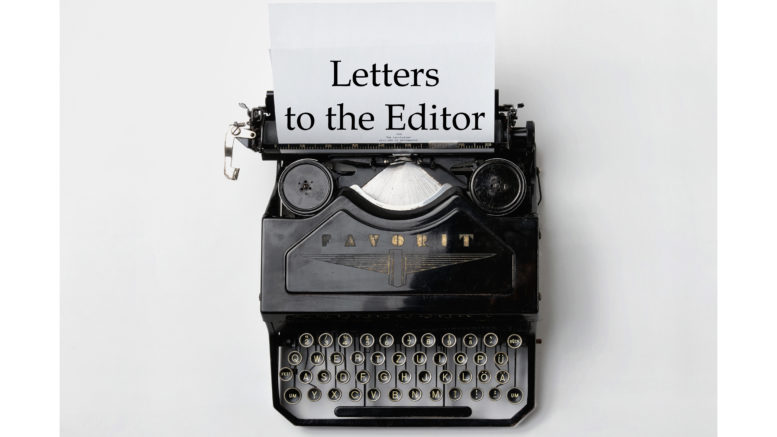UPDATE: An earlier version of this post stated the letter’s author works for Noblesville Schools. That was incorrect. The Reporter regrets the error.
Letters to the Editor do not reflect the opinions of The Reporter, its publisher or its staff. You can submit your own Letter to the Editor by email to News@ReadTheReporter.com. Please include your phone number and city of residence. The Reporter will publish one letter per person per week.
Dear Editor:
Indiana’s educators and school librarians need your help in defeating Senate Bill 12. This legislation would make it a Level 6 felony for educators and school librarians to commit an offense that could result in up to 2.5 years in prison and a $10,000 fine.
This bill has already passed in the State Senate and will soon be heard in the House. I urge you to contact your Representative and express your concerns about this bill.
Educators and school librarians are devoted to serving their students, staff, and communities, often working countless, underpaid, and unappreciated hours. They share several essential objectives, including motivating students to learn, assisting them in understanding, providing access to knowledge, encouraging curiosity, and supporting literacy skills. All professional educators and school librarians possess at least a bachelor’s degree focusing on child development, teaching methods, and their subject area. Many have a master’s degree with additional focus.
Nevertheless, many bills and politicians question our professionalism, despite not having education expertise or experience, even in the midst of a state and national teacher shortage.
Although the “Material harmful to minors” bill sounds reasonable, it is alarmingly vague about who decides if these materials are “harmful” and what constitutes “harmful.” Many school districts, including mine, have established guidelines for material selection and challenging. We have a procedure for people to fill out a form to challenge materials, after which a committee is formed to investigate the complaint.
As a school librarian, I consult various professional sources when making collection development decisions, such as library journals, professional evaluations, and age recommendations. I also take into account standards, curriculum needs, teacher and student requests, circulation statistics, and current collection items.
The students I serve come from diverse backgrounds, beliefs, family makeups, and cultures. Numerous researchers, such as Dr. Rudine Sims Bishop, have demonstrated that children feel more included and motivated to read when they see people who look or think like them reflected in literature. Furthermore, children develop more empathy when reading about people different from themselves. The bill also mentions putting information about books online, but most libraries already have online, public catalogs, including many school libraries. Thus, this bill changes little in current practice except for classifying educators and school librarians as felons.
I wholeheartedly support and encourage parents and guardians in guiding their children in their reading choices. However, I do not support one set of values and beliefs being used to censor materials for all.
As a Hoosier educator of 13 years and a mother to two Hoosier students, I implore you to join us in opposing Senate Bill 12.
JoyAnn Boudreau
Noblesville


I love the whole “we have degrees” nonsense. Many parents have degrees in this locale. For educators to make it sound as if parents don’t have degrees in ed and child development and therefore have no idea what is acceptable and what isn’t makes my blood boil. I have homeschooled our last child and he is miles ahead of his peers. I love the “we have a form parents can fill out, but our committee still has the final say” argument. My kid my choice. Educators think they are intellectually superior because of some piece of paper, well you are not.
Regarding Phil Stanley’s letter in reply to JoyAnn Boudreau’s letter about Senate Bill 12, I saw nothing in her letter that indicated that she felt superior to the parents by virtue of her possession of a college degree. I believe that she was pointing out that by definition librarians have had college-level instruction on child development and teaching methods, whereas relatively few lawmakers have had that specific training. I also take exception to the notion that Ms. Boudreau in any way implied that the final decision about whether a child reads a book is the decision of the educator. She very specifically mentioned that she supports parents guiding their children in their reading choices. I believe that the problem with this issue comes in when parents feel they should make those choices for everyone’s children, not just their own. So fine, Mr. Stanley, guide your children on what to read and afford other parents the same right.